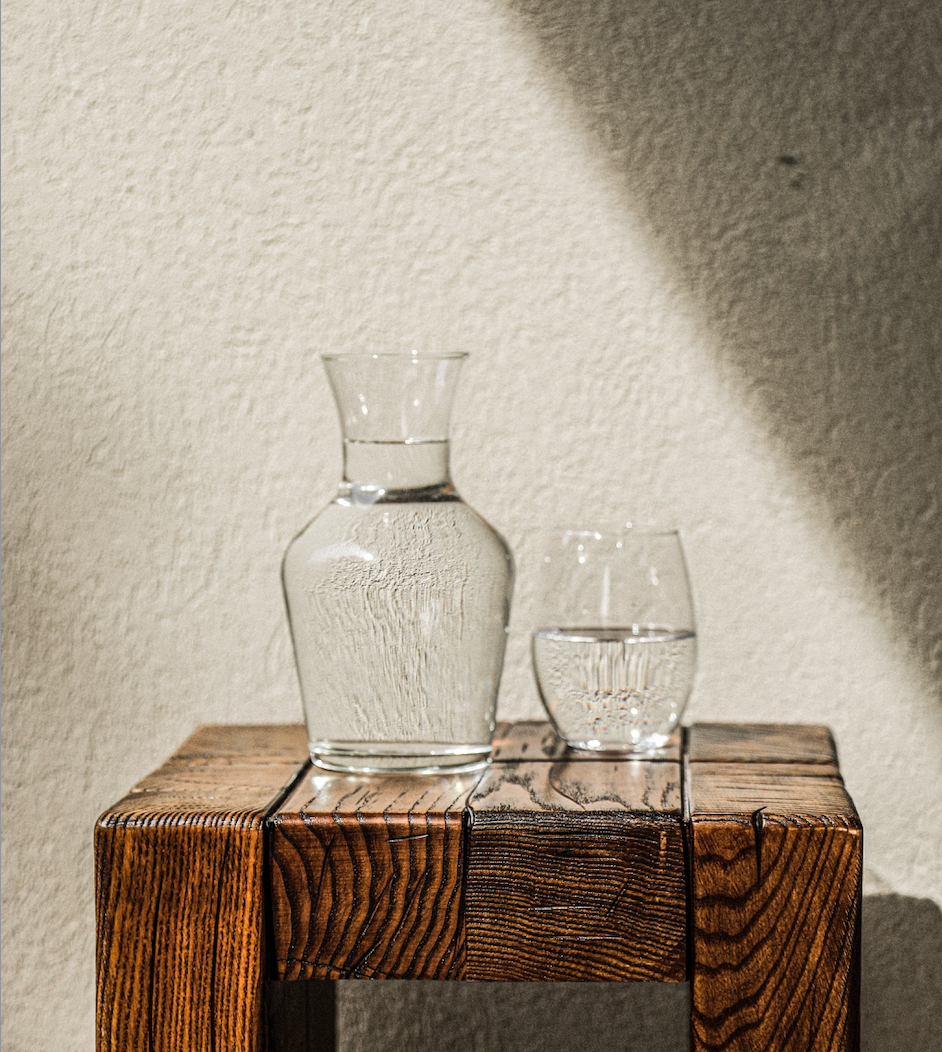
Learn More About Water
Keep scrolling to uncover everything you need to know about your water - all in one place.
Popular Posts

News• 3 Min Read
Federal Court Rules That Water Fluoridation Poses an “Unreasonable Risk” to Children

News• 5 Min Read
Breaking: U.S. EPA Rushes Out Warning To Millions Of Americans — “Shockingly Toxic” PFAS Detected In Tap Water Are Dangerous At Near-Zero Levels

News• 3 Min Read
EPA Reports: “More Than 9 Million Lead Pipes Supplying Drinking Water Throughout The U.S.”

Enjoy 10% off your first filtration system
Plus, get early access to new products, sales, and exclusive offers when you enter your email.
By submitting this form, you agree to receive marketing messages from Clearly Filtered, Inc at your email address provided. View privacy policy.
From
From
From
From
MADE WITH HIGH QUALITY MATERIALS
INDEPENDENTLY TESTED BY THIRD-PARTY LABS
FILTERS HUNDREDS OF CONTAMINANTS
MADE WITH HIGH QUALITY MATERIALS
INDEPENDENTLY TESTED BY THIRD-PARTY LABS
FILTERS HUNDREDS OF CONTAMINANTS
MADE WITH HIGH QUALITY MATERIALS
INDEPENDENTLY TESTED BY THIRD-PARTY LABS
FILTERS HUNDREDS OF CONTAMINANTS




















